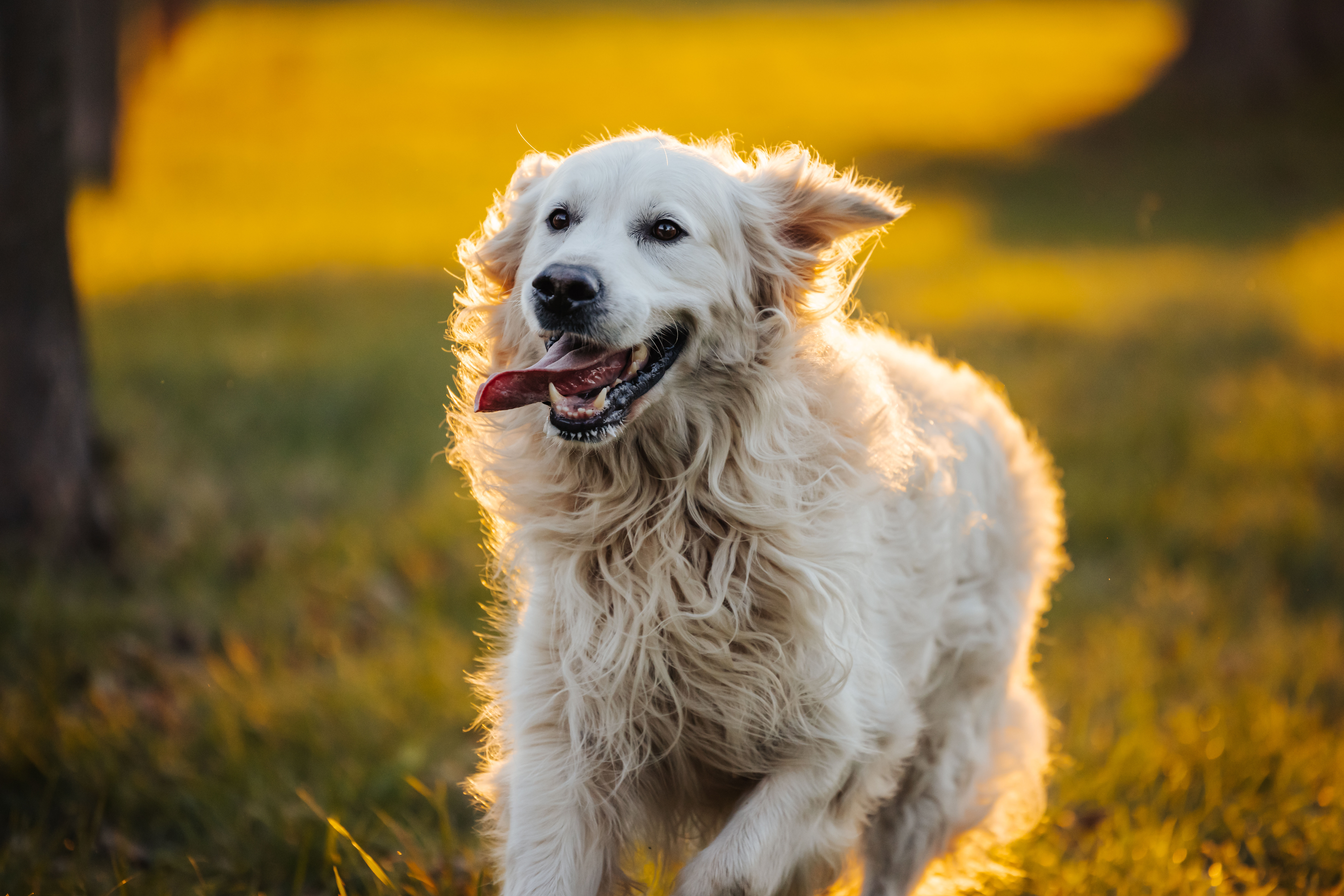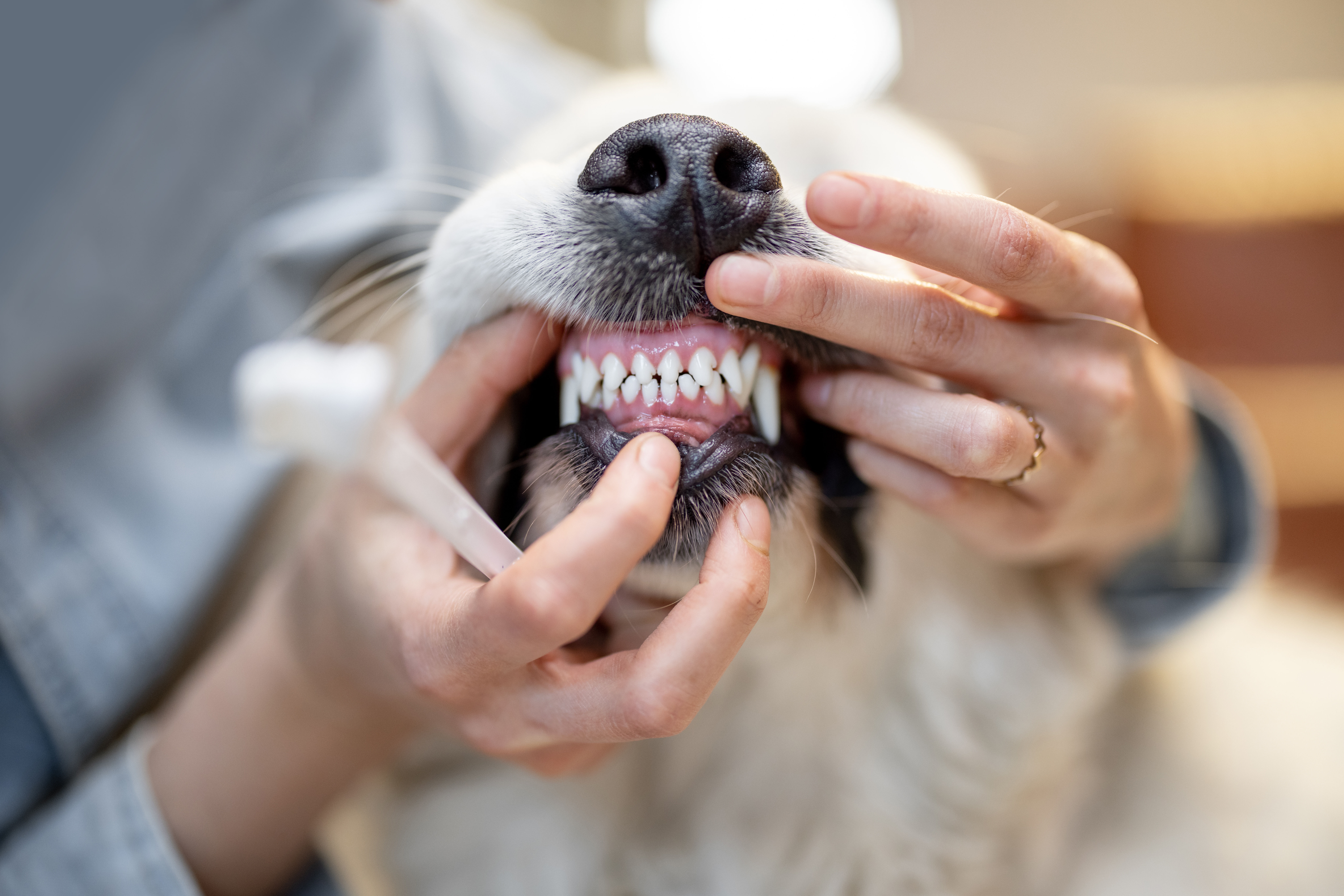This content is sponsored by Rocky Gorge Animal Hospital.
If you are not a winter person, then you must be ready for spring. Here are some tips for getting your pet ready for the spring season.
First, if you don’t have your pet on year round heartworm and flea/tick prevention (which is recommended in our area as our winter season is unpredictable), you should have your pet tested before restarting in case they were infected while off of the prevention. Getting back on prevention if they’ve been off is super important to “prevent” exposure as it is no fun chasing flea infestations on them or in the house. Preventing heartworm disease is much better than having a sick pet and expensive treatment ahead. Ticks can transmit several diseases, some minor, but some can affect kidneys or other parts of the body, so again, prevention is key.
If you have been hibernating and your pet has not been as active, when you start getting them out, gradually build up to extended walks and activity times. You don’t want to go from couch potato to a 5K on the first warm day. You also don’t want to go from 0 to 60 mph, meaning even if your dog is a runner, if they haven’t been consistently running, you have to gradually get them back to last season’s activity. Gradually re-introducing them to their old activity habits will reduce risk of injury (to them and to you).
Next, if you haven’t been brushing your furry friend, start now. You may not see a difference, but they do have undercoats that are there as part of their thermo-regulation and as the warmer weather returns, they will start blowing out that undercoat, so get ahead of the excess hair all over the house by brushing them regularly. It’s also like a good massage to them and good one on one time for you and your fur-baby.
If you frequent dog parks or social outings with your pet, make sure they are up to date on their vaccines.
Finally, be on the look out for seasonal allergy symptoms (scratching, biting, licking their feet…) You may want to get your pet used to having their feet wiped when they come in from outside to limit any contact allergens. Contact your primary care veterinarian if you have any questions or concerns about allergies/allergy symptoms and additional testing, treatment or recommendations.
Most important… Get out and enjoy the nice weather safely with your pet!







